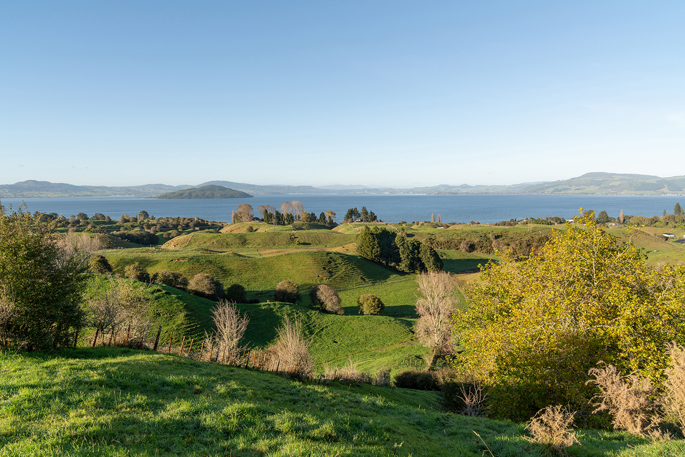Freshwater improvement efforts in four key catchments areas of the Bay of Plenty will be scaled up and accelerated thanks to an injection of $3 million funding from the Jobs for Nature programme.
Over the next two years the Accelerating Bay of Plenty Freshwater Improvement project will employ around 135 people to fence 174 km of private land and plant up to 450,000 native plants to protect the region's waterways and enhance native biodiversity.
It's great to see this example of central and local government working together with landowners and iwi to put the health of freshwater first,” said Environment Minister David Parker.
The catchments are all experiencing high levels of contaminants from sedimentation and livestock nutrients, which is impacting ecosystem health and activities such as swimming and kai gathering.
The catchments covered in the project are the Pongakawa River and tributaries of the Waihī Estuary, the Paraiti and Kaituna, Nukuhou and Rotorua Te Arawa Lakes.
Bay of Plenty Regional Council Integrated Catchments General Manager Chris Ingle says it's a major win for the region.
'We are thrilled to get these projects underway, as they will have multiple benefits for our rural community, within these priority catchments.
'Fencing our waterways on a large scale is an important part of the process to manage nutrient levels and improve downstream water quality.
'These projects were selected because they demonstrate immediate job creation, significant environmental outcomes, iwi and community engagement and/or partnership.” Chris says.
Parker says it is important to protect catchments as they often feed into sensitive ecological areas downstream like wetlands, estuaries and harbours.
'If we are correctly managing and protecting areas upstream, we are creating a better environment downstream for our native flora and fauna in these precious ecosystems.”
Most of the work will focus on excluding livestock from waterways, wetlands and lakes, creating native planting buffers, and retiring and planting of erosion-prone land and gullies.
New stock exclusion requirements were introduced this year as part of the Government's Essential Freshwater package.
Fencing and riparian planting prevent stock from entering waterways – directly reducing nutrient pollution, stabilising fragile banks, and filtering sedimentation before it enters waterways.
The Government funding will support Bay of Plenty Regional Council and around 45 landowners to implement these new requirements.
'It's important for Central Government to play our part in helping to implement new requirements – for the benefit of New Zealand's freshwater. It has to be a joint effort,” says Parker.
Private land and property owners, Bay of Plenty Regional Council and the One Billion Trees fund will contribute a combined $3 million towards the project, with the Ministry for Environment's Jobs for Nature programme funding matching the investment.
The $1.245 billion Jobs for Nature programme is a Government initiative, creating nature-based jobs to benefit the environment and support the economic recovery following the COVID-19 pandemic.



0 comments
Leave a Comment
You must be logged in to make a comment.